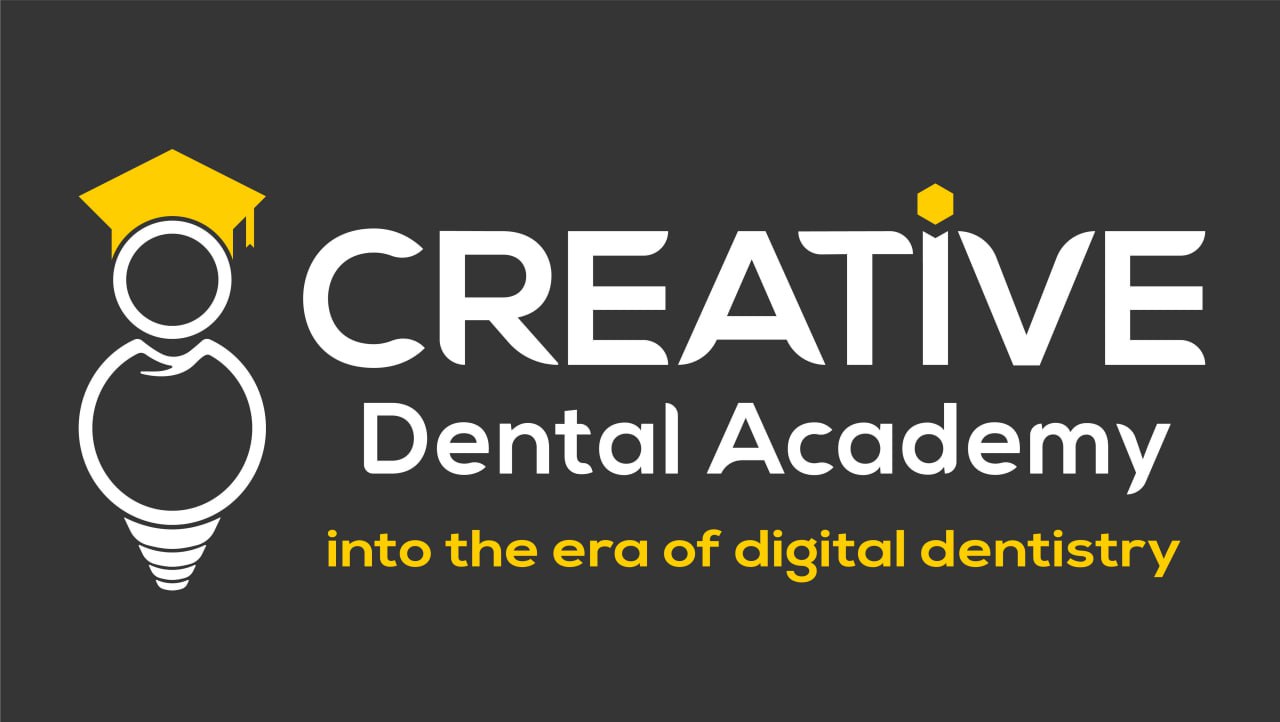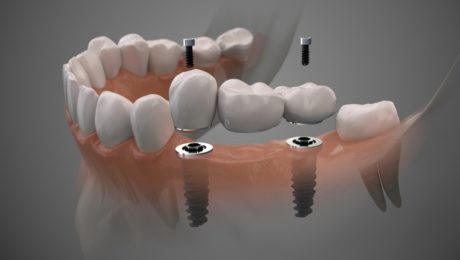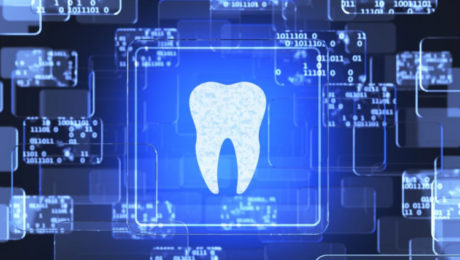What is a digital implant surgery?
Digital implant surgery (also called digital navigation implant surgery) uses a 3D computer simulation to check the bone condition and nerve position. With this information, a reputable cosmetic dentist will be able to plan surgery with minimal incision. Since digital implant surgery focuses on making the smallest incision possible, there is significantly less pain compared to traditional implant surgery.
During the dental procedure, an exact guide is fitted over your teeth to ensure no damage is done to the surrounding nerve or teeth. The guide also helps dentists make precise, yet small, incisions for dental implant placement.
What is minimal incision surgery?
Minimum incision surgery is the idea that patients should only have to endure minimal incisions in order to decrease their pain, discomfort, and recovery time. For dental implants, this means making small enough incisions for the dental implants that you won’t need sutures.
Minimal incision surgery is also great for significantly reducing the amount of bleeding and swelling after dental surgery. General incision surgery, on the other hand, requires the dentist to cut the gum all the way to the bone to check the position of your nerves and inspect bone condition.
Is it less painful than other dental implant surgery?
With traditional dental implant surgery, the gum must be cut along the entire length of where the implants will be inserted. This is why many patients are now turning to digital implant surgery. Digital implant surgery requires minimal incision because it uses 3D CT photos to check the bone condition and nerve position. Traditional dental implant surgery, on the other hand, requires making a large incision along your gums down to the bone.
The hole we make to fit in your dental implant is small enough to not need sutures. This not only decreases your recovery period, but also reduces the risk of swelling, bleeding, and infection. Usually, the entire digital implant surgery takes about 10 to 20 minutes per every 1 to 2 dental implant.
What is a dental implant?
A dental implant is an artificial tooth root (often made of titanium) designed to support future restorations, such as crowns. Patients may opt for a dental implant if they have lost one or more permanent adult teeth and would like to continue having a beautiful smile. Titanium dental implants can be successfully fused into bone, creating a solid foundation for your future dental restoration.
Dental implants should not be confused with crowns, which screw into the implants and mimic the look of natural teeth. The implant crown replicates the original tooth in shape, size, and strength so that you can feel confident with your new smile. Depending on your unique circumstances, an experienced dentist might recommend variations on the dental implant, such as the implant-supported bridge or implant-supported denture. You won’t be able to see the dental implant once the crown has been secured over top.
- Published in News
Prosthodontics
Intraoral scanning is the door to the prosthodontics digital world teaching us how to design all fixed prosthesis and put your own unique touch. Assuring accuracy within all aspects of fixed prosthesis including finish lines, stains and cracks, shades all through which you can achieve utmost natural results. Also making a mockup before starting work and having patients consent.
- Published in News
Orthodontic in the digital era
Orthodontists were not that lucky back in the time , well not anymore . With this era of digital renaissance doctors are allowed designing a treatment plan and having the patient aware and educated by exporting a video of a project and showing the patient how a plan is to be fold. Nowadays designing the miniscrew guides to assure accurate placement of a miniscrew and minimize complications. Not only that but making the cephalometric analysis digitally is now possible.
- Published in News
Digital dentistry and implantology course
New era in dentistry is all concerned in digital. Every short while the digital field is updated. And which surgeon in our day and time would not like to be updated. Advantages of becoming digitalized include precision, time saving, accuracy, the ability to prepare a treatment plan and have the patient exposed to the plan beforehand.
- Published in News
Clinical Capsule
All that a fresh graduate needs to face everyday challenges is encapsulated in this course through which we assist the grads to form a basic foundation in dealing with all aspects of the clinic professionally starting from diagnosis to treatment and referral to specialists of respected required fields.
Discussions regarding real clinical cases are to be held in terms of management, setting a treatment plan and so on. With the clinical cases we are to cover up to medically compromised patients that might show up in the clinic.
- Published in News





